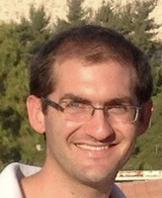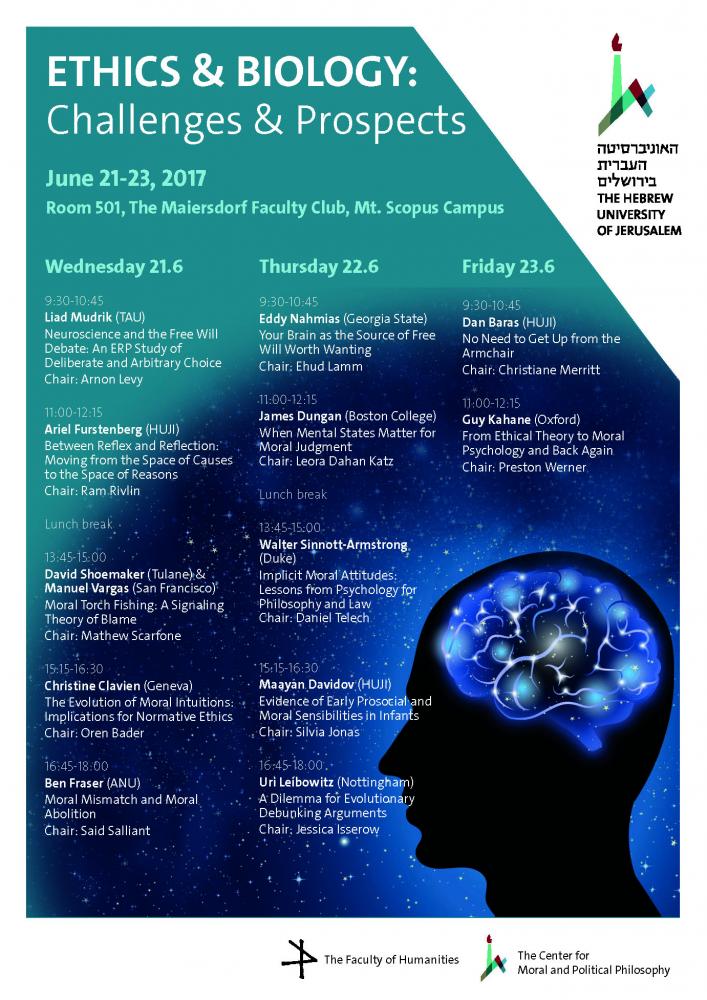Biology and Ethics: Prospects and Challenges

Like it or not, humans are organisms – flesh and blood products of evolution. As such, our moral outlook and conduct are inevitably shaped and constrained by our biology. But how does our biology affect our moral practices? To what extent do these influences shape our moral judgements and behavior? And what might the normative implications of such biological accounts be? These will be the central themes of the Centre’s annual project for 2016-17.
We will focus in particular on two sets of topics, and the connections between them. The first concerns the meta-ethical relevance of evolutionary biology. Recent years have seen steadily growing attention directed at the implications of the presumed fact that our moral outlook is, to some significant extent, a product of evolution by natural selection. Some philosophers view evolutionary explanations of our moral practices as raising skeptical challenges for meta-ethical realism by having debunking potential. Others appeal to natural selection in a positive vein, aiming to ground in it a naturalistic conception of morality (and normativity more generally, perhaps).
A second set of topics focuses on the relevance of neurobiology to moral philosophy, and in particular to questions concerning moral agency. Neuroscience is a fast developing area, and there is now a significant body of empirical work looking at the neural underpinnings of moral thought and behavior. Should an elucidation of the mechanisms underlying moral judgement undermine our confidence in these judgements? Ought it to influence assessments of moral responsibility? In this connection, we are pleased to have as the Centre’s guest Professor Walter Sinnott-Armstrong (Duke University), who will give a crash course on neuroscience and moral agency.
We will also explore connections and comparisons between these two sets of topics: do debunking arguments based on evolution differ in their underlying logic from counterparts based on neuroscientific findings, and if so is one kind of argument more powerful? What would a unified explanation of moral practice, combining evolutionary theory and neuroscience, look like? Would it pose different or more acute questions for moral philosophers? More generally, how can moral philosophy benefit from a better understanding of the biology underlying moral judgement and action, and perhaps vice versa?







